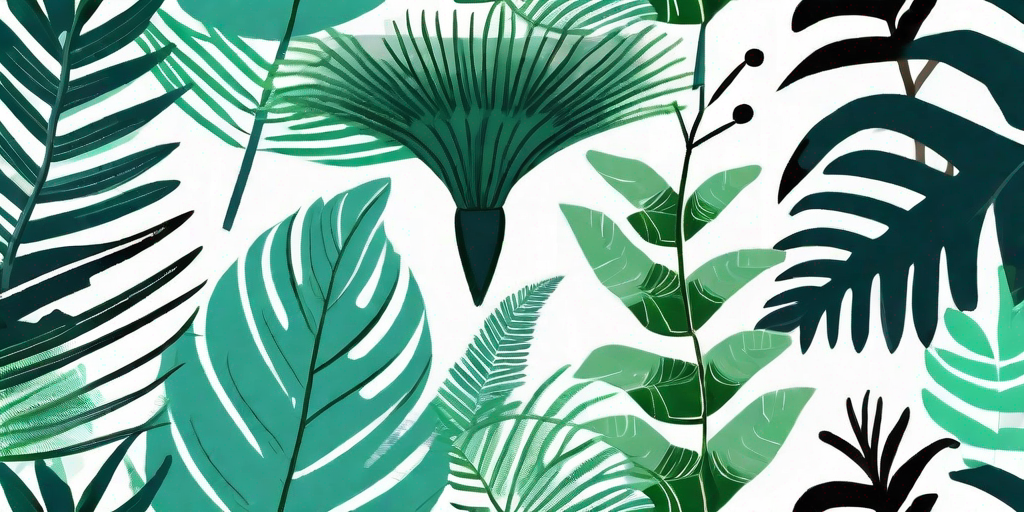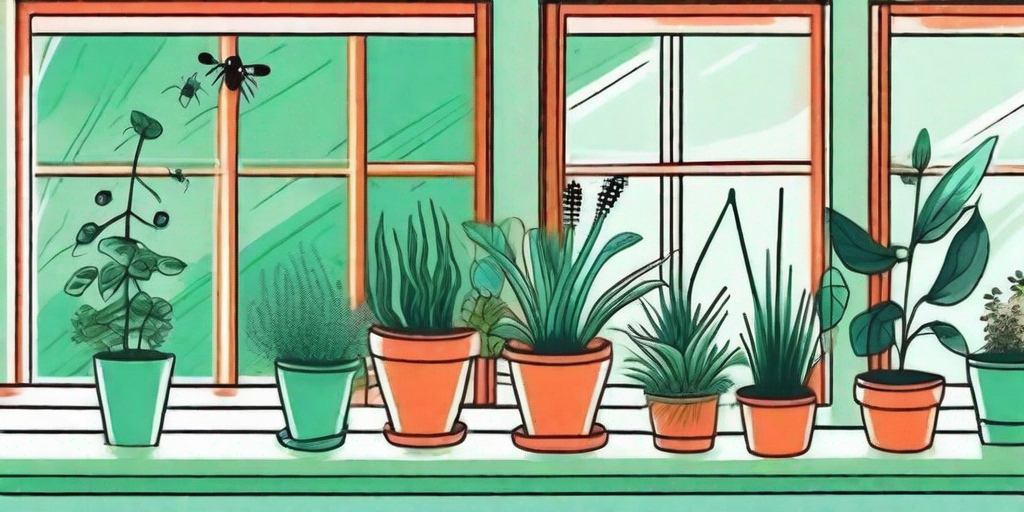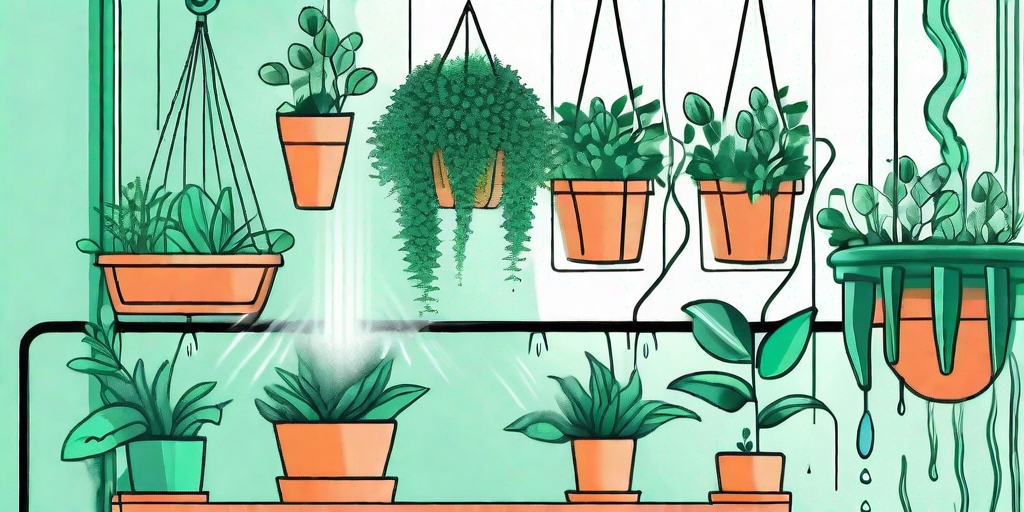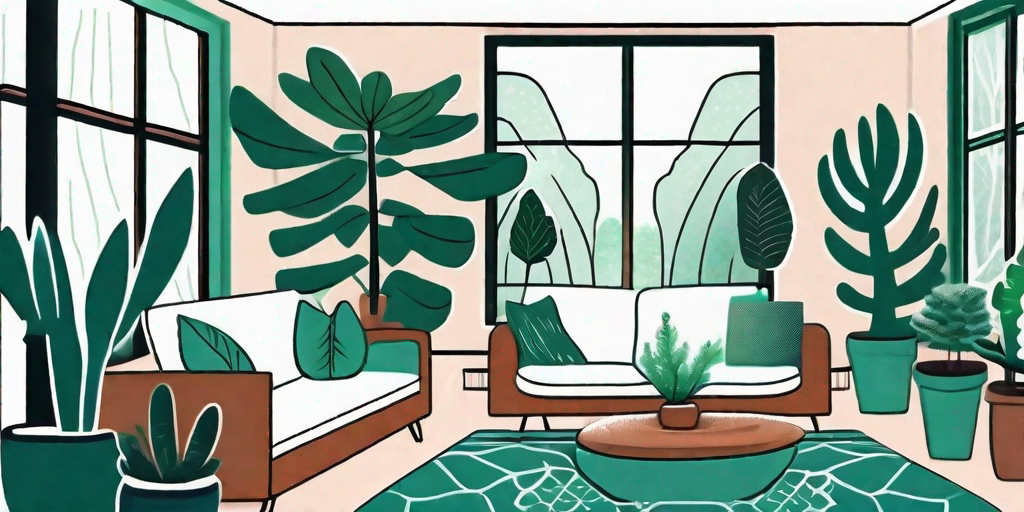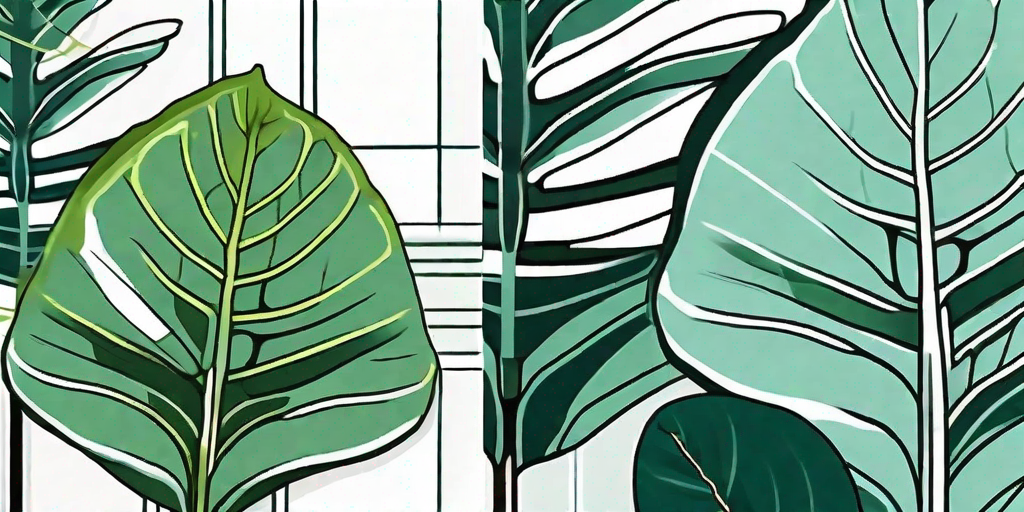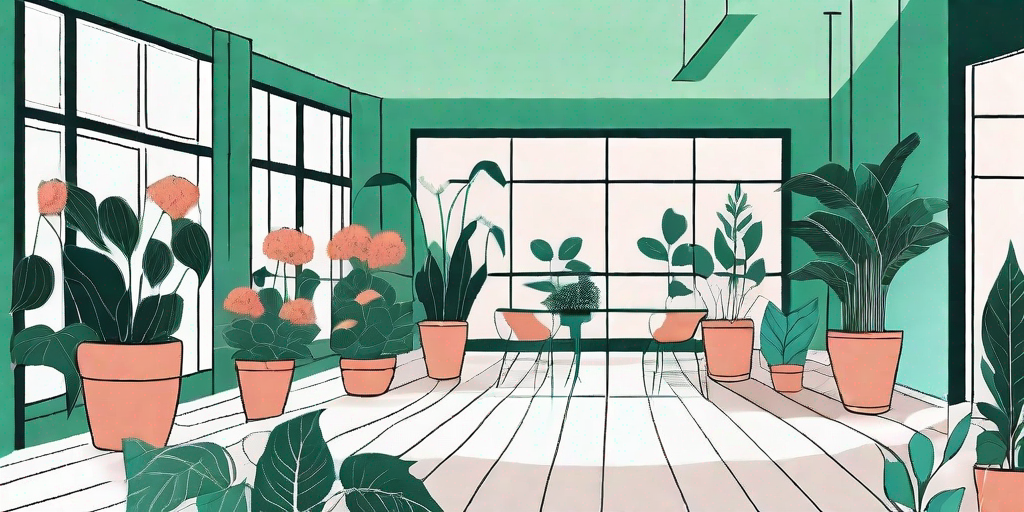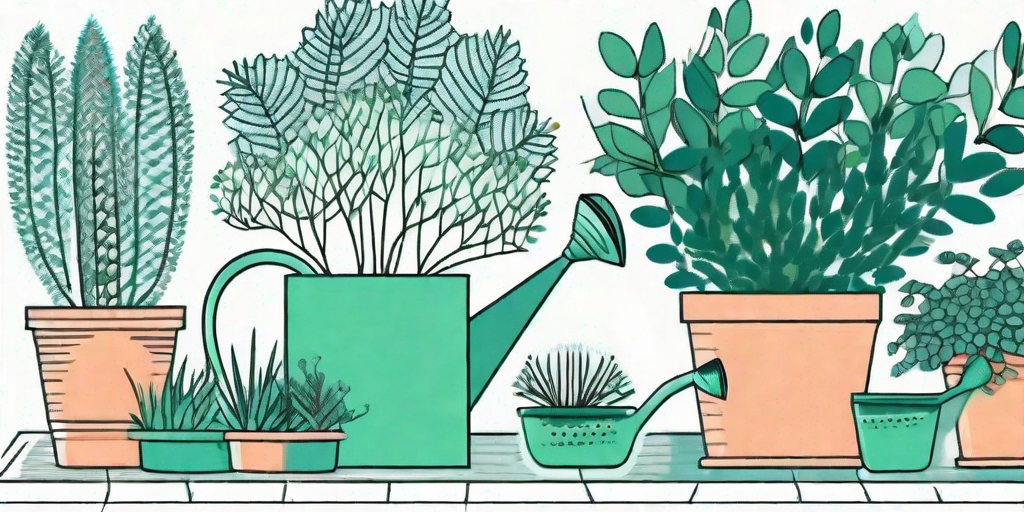
Welcome to the world of African Violets, where the soil is more than just dirt, it's a lifeline. These vibrant, delicate plants have a reputation for being a bit high maintenance, but don't let that deter you. With the right soil mix, you can turn your African Violets from divas into thriving beauties. So, put on your gardening gloves, grab your trowel, and let's dig into the secret of perfect African Violet soil.
The Importance of Soil Composition
Soil is not just a place to stick your plant and hope for the best. It's a complex ecosystem that provides your African Violets with the nutrients, water, and air they need to thrive. The wrong soil can lead to a host of problems, from nutrient deficiencies to root rot. But fear not, dear gardener, we're here to help you avoid these pitfalls.
When it comes to African Violets, they prefer a well-draining, slightly acidic soil. This allows their roots to breathe and prevents water from becoming stagnant, which can lead to root rot. The soil should also be light and fluffy to allow the roots to spread out and absorb nutrients.
Understanding pH Levels
African Violets prefer a slightly acidic soil with a pH between 6.0 and 6.5. This is because certain nutrients, like iron and manganese, are more available in slightly acidic conditions. If your soil is too alkaline, these nutrients can become locked up and unavailable to your plant, leading to deficiencies.
But don't worry, you don't need a chemistry degree to get this right. Simple pH testing kits are available at most garden centers. And if your soil is too alkaline, you can easily adjust the pH by adding a bit of vinegar or sulfur.
Choosing the Right Soil Components
The perfect soil for African Violets is a mix of peat moss, perlite, and vermiculite. Peat moss is slightly acidic and retains water well, making it an ideal base for your soil mix. Perlite and vermiculite, on the other hand, improve drainage and aeration, preventing water from becoming stagnant and allowing the roots to breathe.
While you can buy pre-made African Violet soil mixes, making your own allows you to control the quality of the ingredients and adjust the mix to suit your specific conditions. Plus, it's a lot more fun!
Creating the Perfect African Violet Soil Mix
Now that we've covered the basics, it's time to roll up your sleeves and get your hands dirty. Here's a simple recipe for the perfect African Violet soil mix:
- 2 parts peat moss
- 1 part perlite
- 1 part vermiculite
Simply mix these ingredients together until they're well combined. And voila! You've got yourself the perfect African Violet soil mix. But remember, this is just a starting point. Feel free to tweak the recipe to suit your specific conditions.
For example, if you live in a humid climate, you might want to add a bit more perlite to improve drainage. Or if your water is alkaline, you might want to add a bit more peat moss to lower the pH. The key is to observe your plants and adjust as needed.
FAQs
Can I use regular potting soil for my African Violets?
While it's possible to grow African Violets in regular potting soil, they'll be much happier in a soil mix tailored to their specific needs. Regular potting soil tends to be too heavy and poorly draining for these delicate plants.
How often should I repot my African Violets?
African Violets should be repotted about once a year. This not only gives you a chance to refresh the soil, but it also allows you to check the roots for any signs of disease or pests.
Can I use tap water for my African Violets?
While tap water is generally safe for African Violets, it can sometimes be too alkaline or contain high levels of chlorine, which can harm your plants. If you're unsure about your tap water, consider using filtered or distilled water instead.
Conclusion
There you have it, the secret to perfect African Violet soil. With the right soil mix, these vibrant beauties can thrive in your home, adding a splash of color and a touch of elegance. So, don't be intimidated by their diva reputation. With a little bit of knowledge and a dash of love, you can become the proud parent of a thriving African Violet family. Happy gardening!




